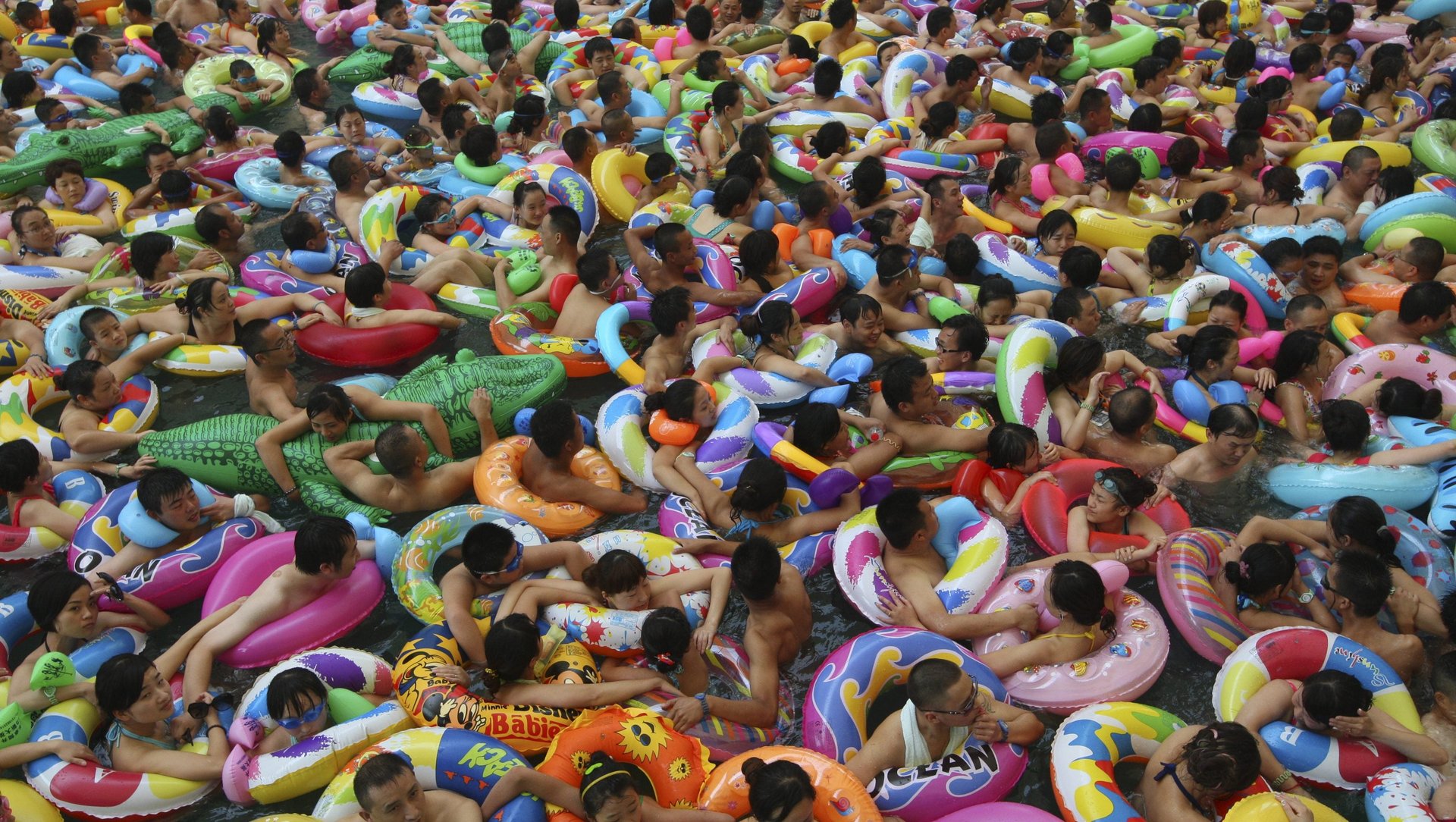China keeps finding millions of people who never officially existed
China, the country with the largest population in the world, has just found another 14 million people, equal to about one percent of its population of 1.37 billion.


China, the country with the largest population in the world, has just found another 14 million people, equal to about one percent of its population of 1.37 billion.
The group was never officially registered on the country’s household registration record system, known as hukou, which is closely linked to a person’s legal identity. That means they didn’t officially exist—until recently. On Friday (March 24), China’s Ministry of Public Security, the government department in charge of hukou registrations, announced that they had helped register the 14 million.
For many years, China made hukou registrations for a second child very expensive, in order to strictly control its population. Before the decades-long one-child policy was replaced by the two-child policy in 2015, it was necessary to pay a sky-high fine for a child born out of the quota to get a hukou. That drove China, a country with a preference for sons, particularly in rural areas that still farm, to register boys, while keeping girls hidden from the hukou system. One study estimates that China appears to have 25 million more women than would be expected.
Without a hukou, you barely exist on paper in China. Introduced in 1958 by the Communist Party, the hukou system documents not just birthplace and address, but also family members and marriages. It is also mandatory for getting access to basic social services, such as schooling, health care and pensions. The idea of family registration can trace its roots back thousands of years to a system introduced by China’s Xia dynasty rulers as a form of social control. The 20th-century version was meant to restrict urban migration.
But a little over a year ago, China suddenly made a U-turn and decided to make registration easier. ”It is a basic legal right for citizens to lawfully register for hukou,” reads a notice (link in Chinese) from China’s cabinet, the State Council, in December 2015. The notice identified several categories of unregistered citizens who could now apply. For example, children born to single parents, or born in contravention of the one-child policy could apply provided they had a birth certificate and the hukou of either parent.
China started hukou reform in 2014 (paywall), but progress has been slow. Because services are tied to a person’s registered residence, it has been hard for migrants from rural China to permanently settle in cities, limiting mobility. Hukou reform in some big cities like Shanghai and capital Beijing targets only certain migrants, usually those with higher education, decent employment records, or what the country’s president Xi Jinping has described as “suitable people.”